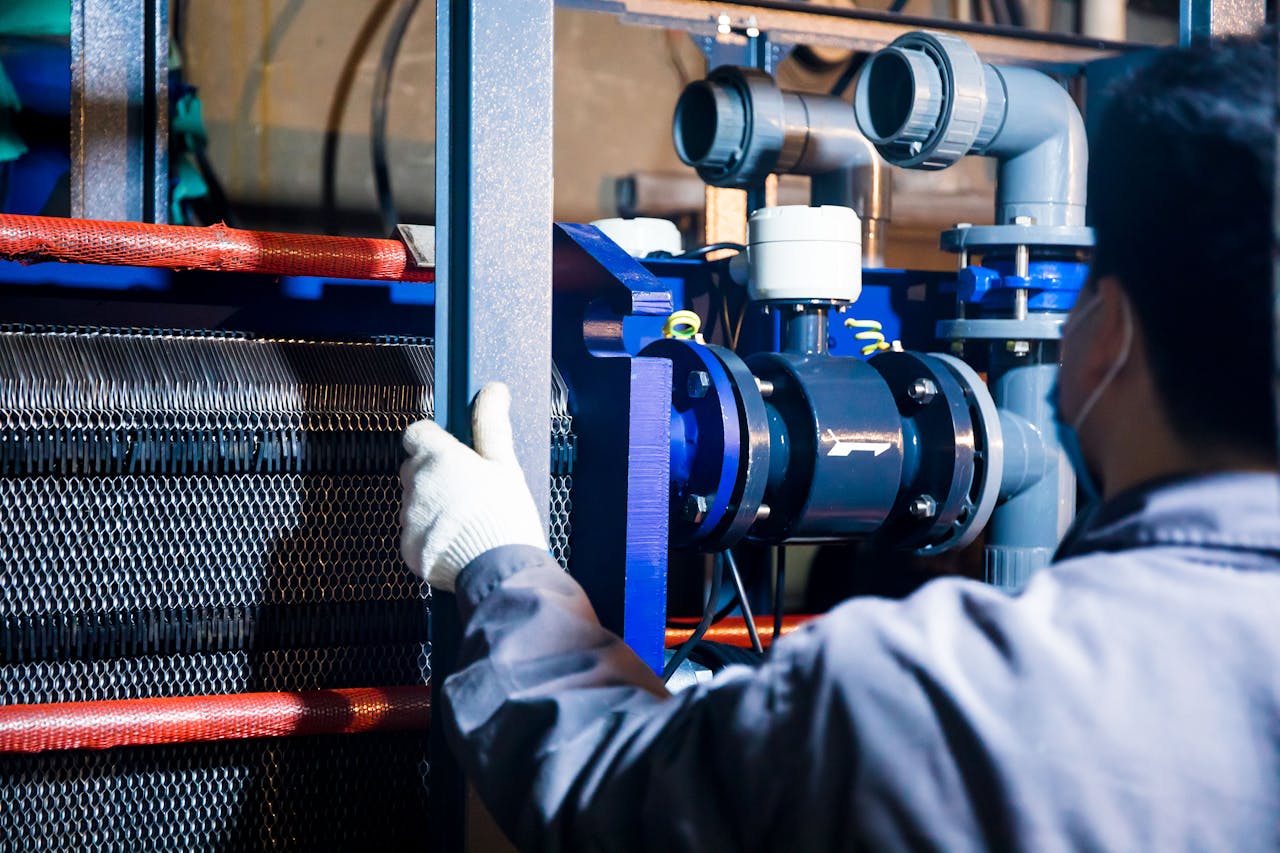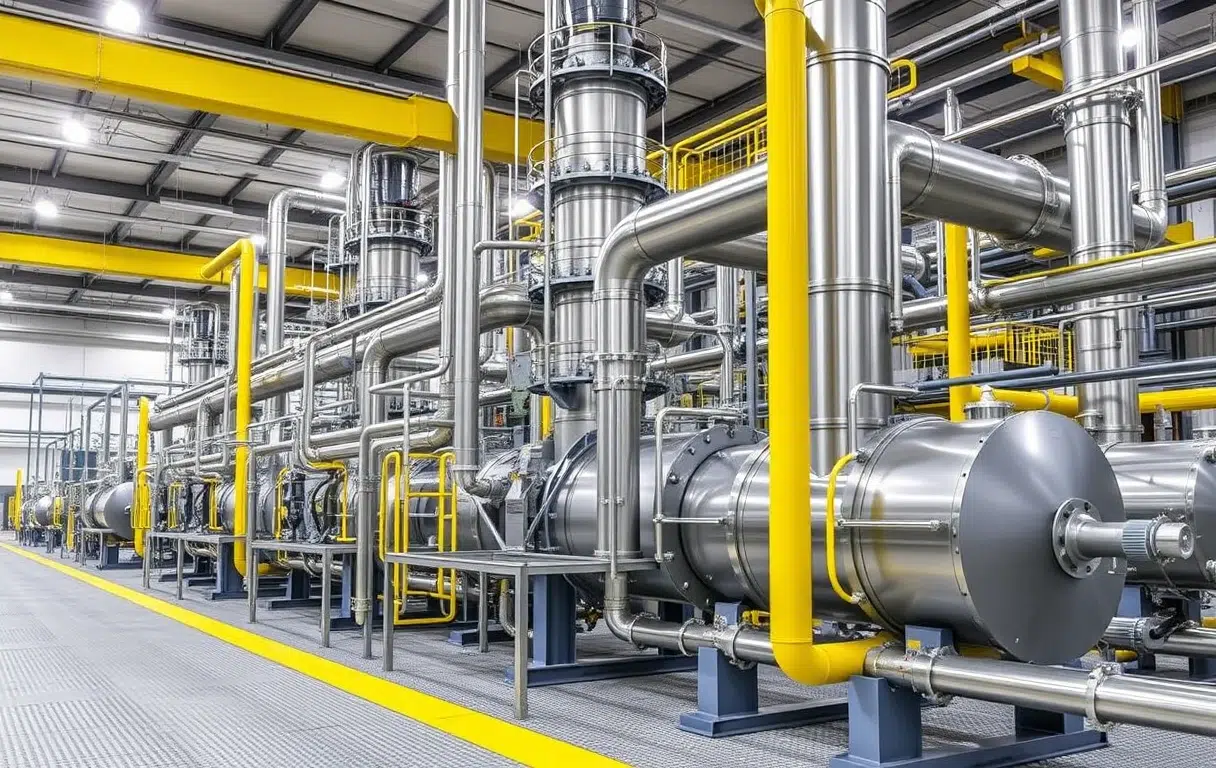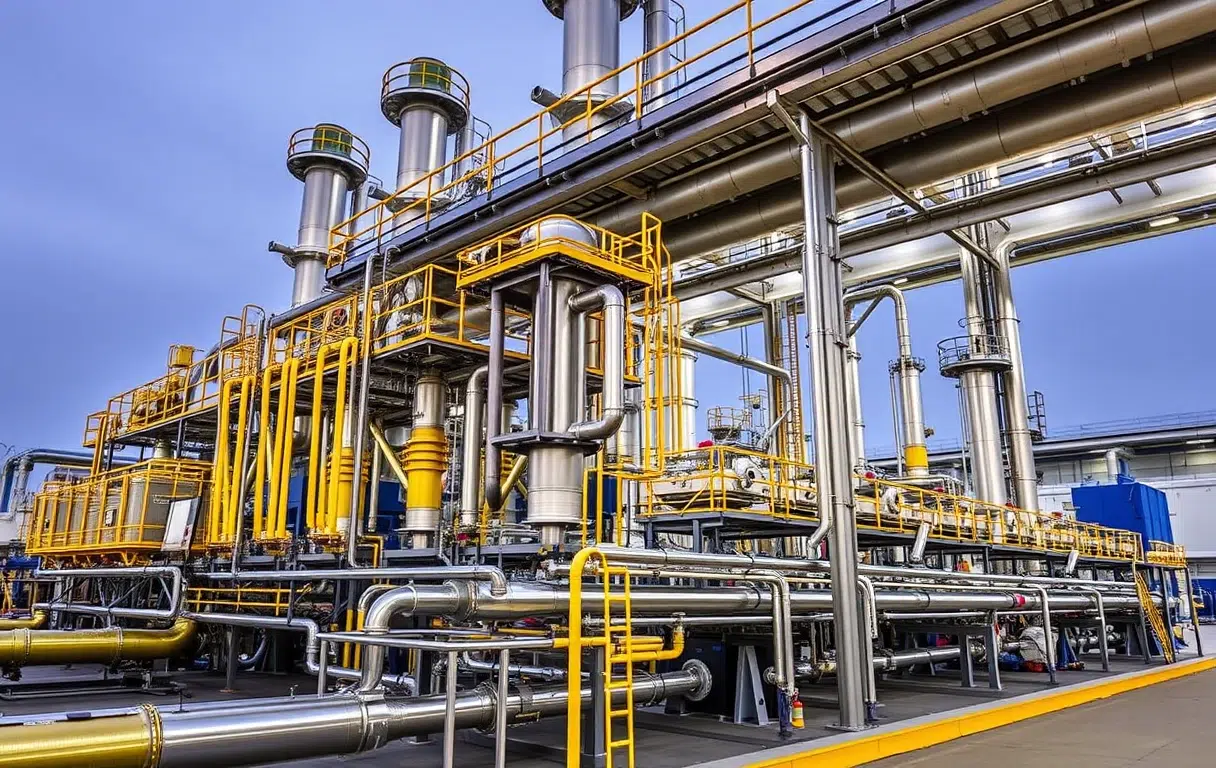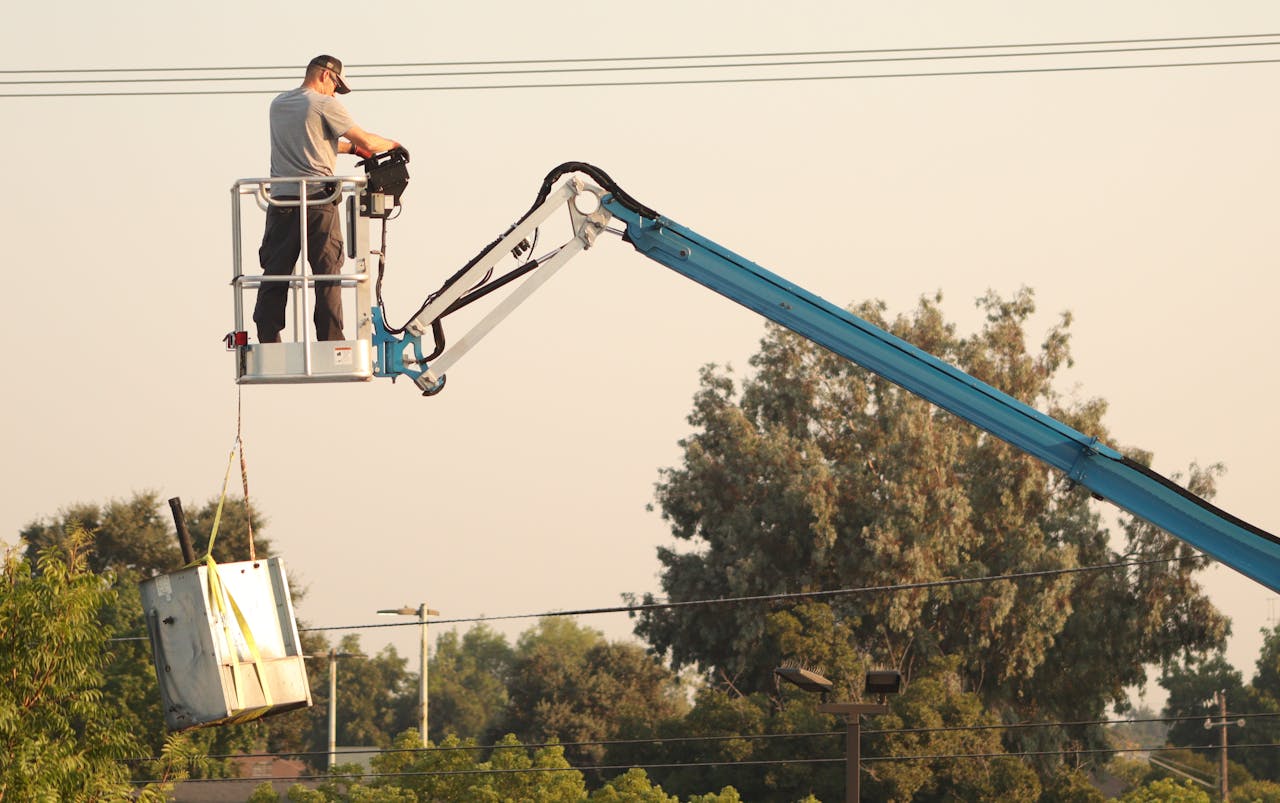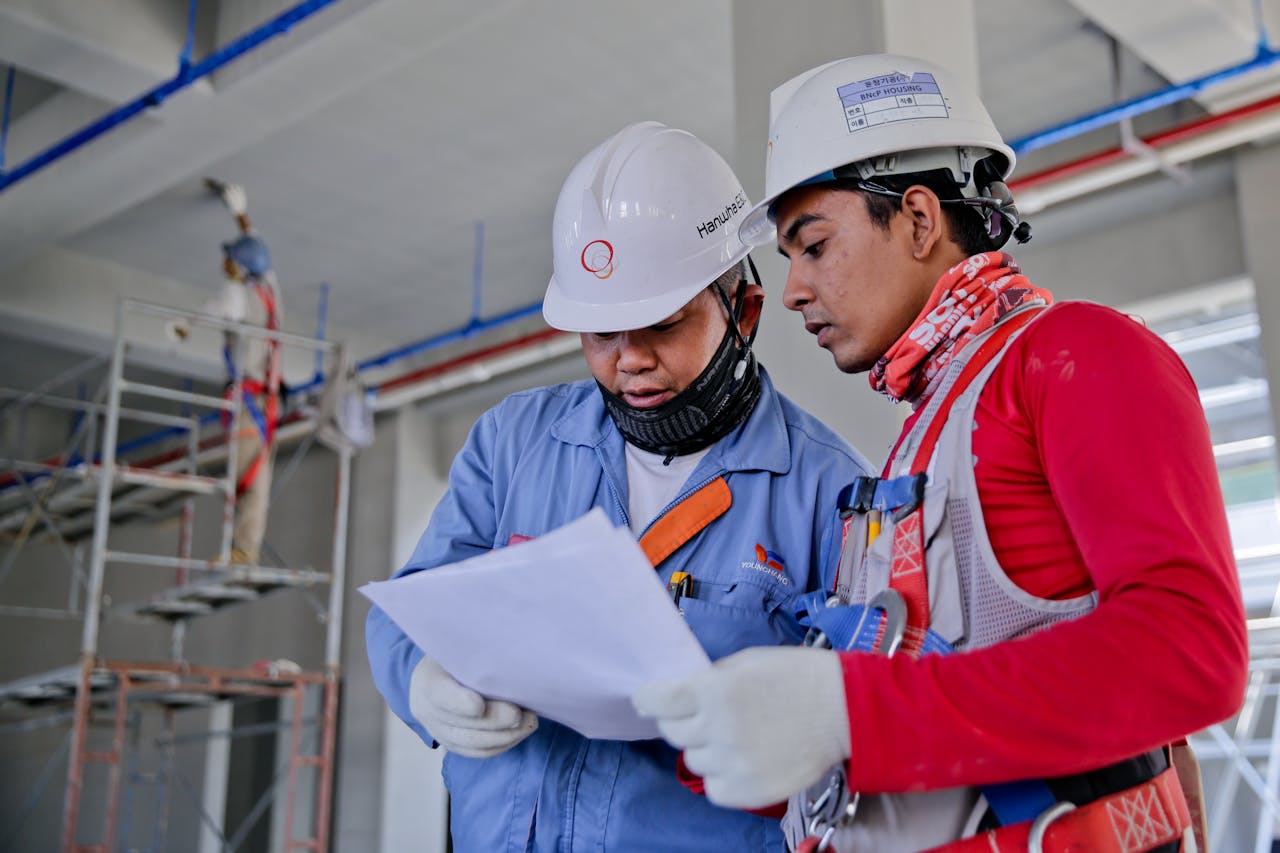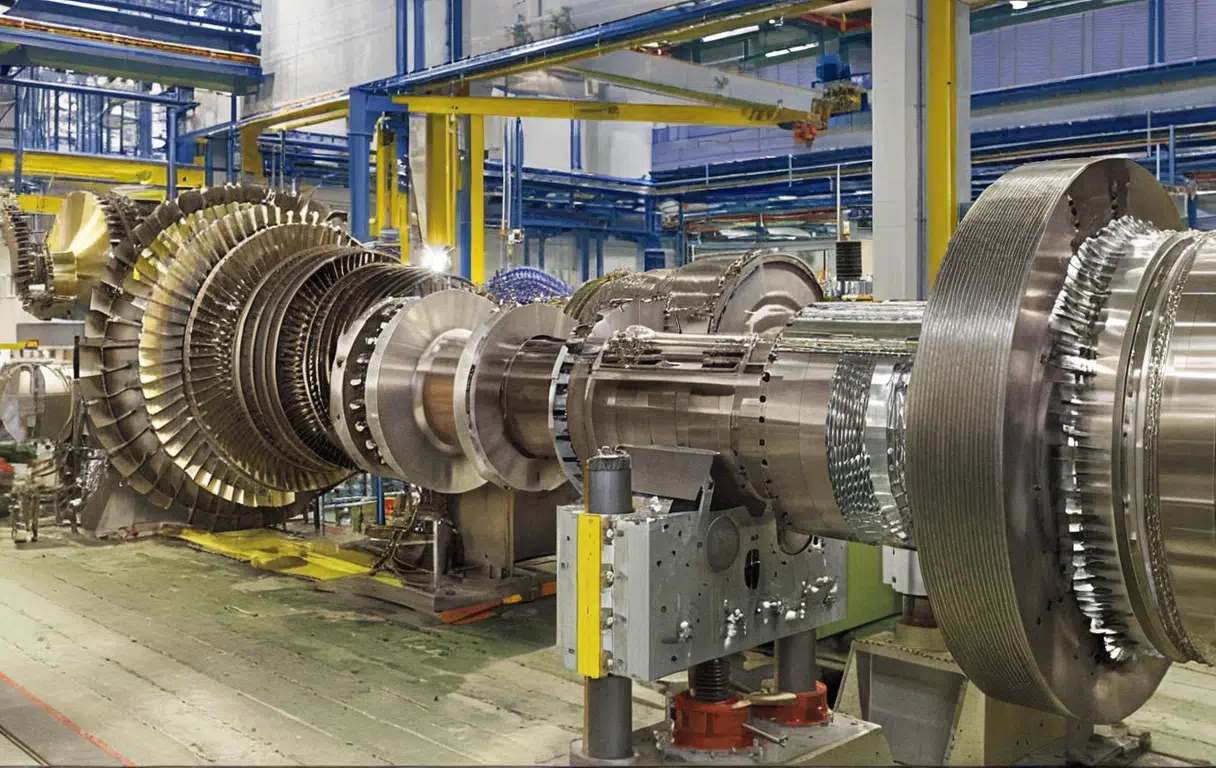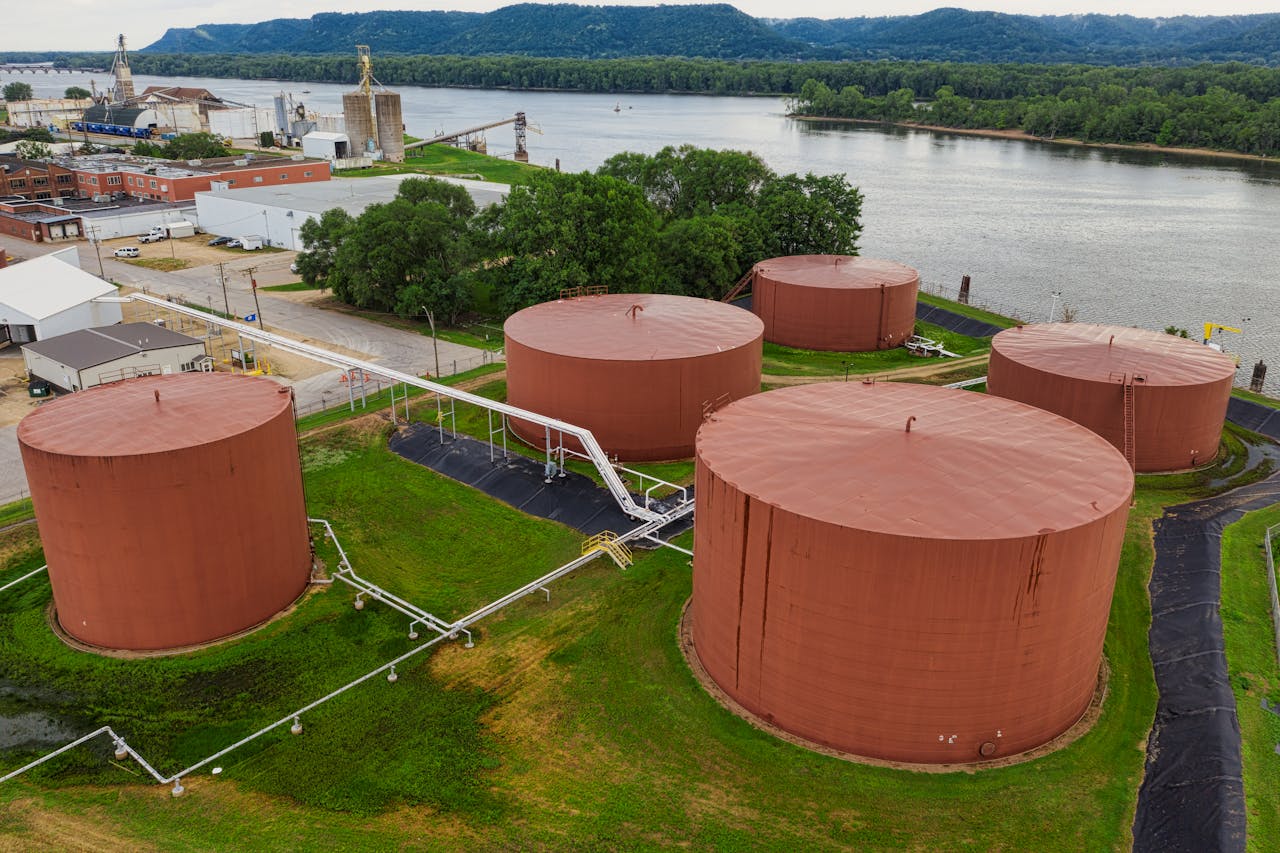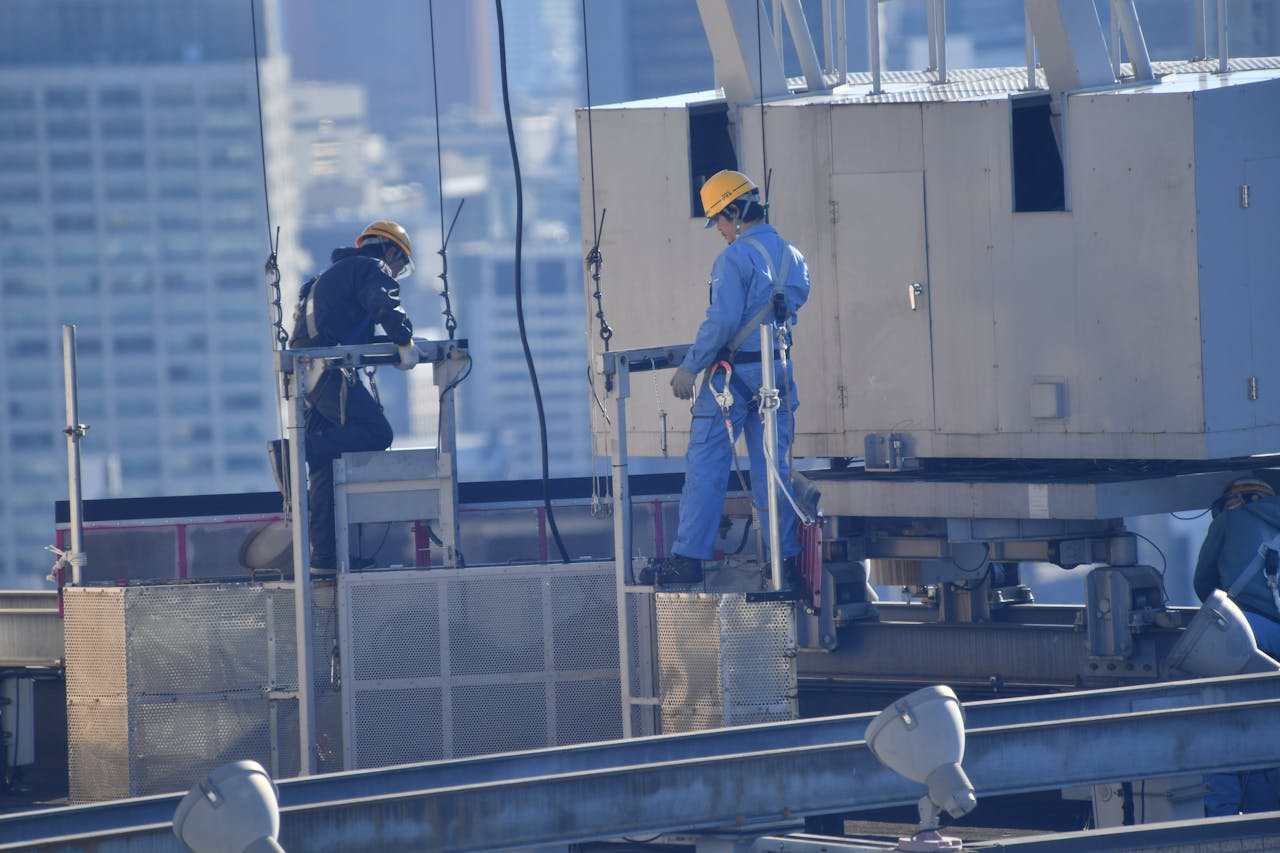Certified Piping and Mechanical Quality Control (QC) Inspector
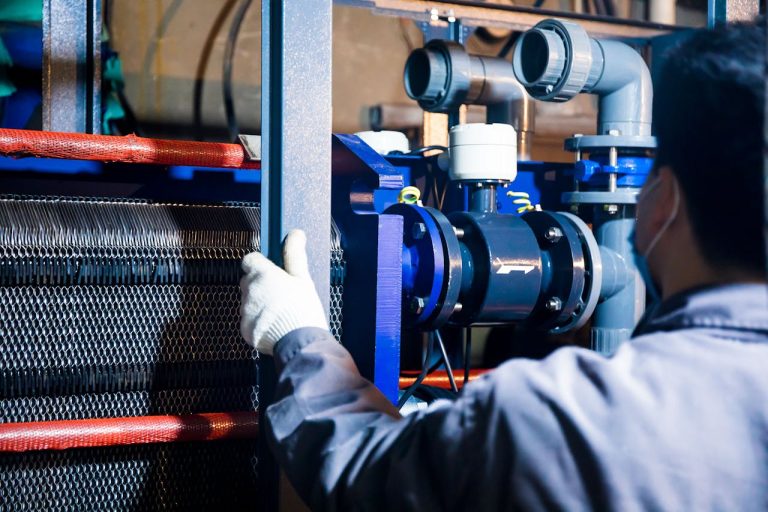
| Date | Format | Duration | Fees (USD) | Register |
|---|---|---|---|---|
| 19 Jan - 27 Jan, 2026 | Live Online | 7 Days | $5075 | Register → |
| 22 Feb - 12 Mar, 2026 | Live Online | 15 Days | $11515 | Register → |
| 06 Apr - 17 Apr, 2026 | Live Online | 10 Days | $7735 | Register → |
| 10 May - 14 May, 2026 | Live Online | 5 Days | $3785 | Register → |
| 27 Jul - 07 Aug, 2026 | Live Online | 10 Days | $7735 | Register → |
| 16 Aug - 20 Aug, 2026 | Live Online | 5 Days | $3785 | Register → |
| 05 Oct - 09 Oct, 2026 | Live Online | 5 Days | $3785 | Register → |
| 30 Nov - 04 Dec, 2026 | Live Online | 5 Days | $3785 | Register → |
| Date | Venue | Duration | Fees (USD) | Register |
|---|---|---|---|---|
| 18 Jan - 22 Jan, 2026 | Doha | 5 Days | $5775 | Register → |
| 13 Apr - 24 Apr, 2026 | Dubai | 10 Days | $11085 | Register → |
| 06 Jul - 10 Jul, 2026 | Lisbon | 5 Days | $6305 | Register → |
| 05 Oct - 09 Oct, 2026 | Kampala | 5 Days | $5775 | Register → |
Did you know that effective quality control in piping systems can significantly reduce project delays and rework, with research showing that implementing comprehensive inspection protocols is essential for ensuring the integrity and reliability of mechanical systems?
Course Overview
The Certified Piping and Mechanical Quality Control (QC) Inspector course by Alpha Learning Centre is meticulously designed to equip professionals with essential skills in inspection techniques, quality control systems, and material testing protocols. This course focuses on how participants can effectively master inspection procedures, implement documentation systems, and develop comprehensive quality assurance frameworks to ensure operational excellence in piping and mechanical systems.
Why Select This Training Course?
Selecting this Certified Piping and Mechanical Quality Control (QC) Inspector course offers numerous advantages for professionals involved in quality control, mechanical engineering, and piping systems. Participants will gain advanced knowledge of welding inspection techniques, pressure testing methods, and corrosion assessment. The course provides hands-on experience with inspection exercises and laboratory testing sessions, enabling attendees to optimise their quality control capabilities effectively.
For organisations, investing in this training enhances overall project quality and ensures better alignment with industry standards. Research indicates that implementing comprehensive quality control measures results in an enhanced ability to identify defects early, reduce rework, and improve overall project outcomes. According to SRJ Piping, quality control in piping systems is crucial for ensuring that all components meet specified standards, which helps prevent costly failures and ensures the safety and reliability of industrial systems.
For individuals who complete this course, there are significant career benefits. This training enhances professional profiles by providing expertise in piping and mechanical quality control, which are highly valued by employers across industries. Studies show that professionals who master these skills develop valuable competencies that enhance their career prospects and effectiveness. As noted in piping industry resources, piping inspection is a comprehensive task that requires specific knowledge and skills to ensure compliance with client and company-specific inspection requirements.
Transform your quality control capabilities – Register now for this critical advanced training programme!
Who Should Attend?
This certification is suitable for:
- Quality control inspectors
- Mechanical engineers
- Piping system specialists
- NDT technicians
- Construction supervisors
- Project quality managers
- Maintenance engineers
- Plant inspection personnel
What are the Training Goals?
The aims of this course are to support attendees to:
- Master inspection techniques and procedures
- Implement quality control systems
- Execute material testing protocols
- Develop documentation systems
- Apply code compliance methods
- Perform advanced NDT interpretations
- Establish quality assurance frameworks
- Design inspection planning strategies
How will this Training Course be Presented?
Prepare for an immersive journey into the world of piping and mechanical quality control! Our Certified Piping and Mechanical Quality Control (QC) Inspector course delivers a dynamic and engaging learning experience through cutting-edge methodologies. This course is designed to challenge your perspectives, enhance your technical knowledge, and equip you with the tools necessary to excel in today’s complex industrial environment.
The course will be delivered through:
- Hands-on inspection exercises
- Laboratory testing sessions
- Technical workshops
- Field inspection simulations
- Case study analyses
- Equipment demonstrations
- Documentation practice
Each delivery method is carefully integrated to ensure participants gain both theoretical knowledge and practical experience. The course structure promotes active engagement and real-world application, allowing participants to develop crucial analytical and technical skills within a supportive learning environment.
Prepare to be challenged, inspired, and transformed. Join us for an unparalleled learning experience that will redefine your approach to piping and mechanical quality control!
Course Syllabus
Module 1: Material Testing Protocols
- Mechanical property testing
- Chemical composition analysis
- Metallurgical examination methods
- Non-destructive testing selection
Module 2: Welding Inspection Techniques
- Weld profile measurement
- Heat treatment verification
- Defect identification methods
- Radiographic interpretation
- Ultrasonic analysis
- Visual inspection protocols
- Documentation requirements
Module 3: Pressure Testing and Verification
- Hydrostatic test procedures
- Pneumatic testing methods
- Leak detection techniques
- Test documentation systems
- Pressure gauge calibration
- Safety protocol implementation
Module 4: Dimensional Control and Tolerances
- Geometric dimensioning techniques
- Alignment verification methods
- Flatness measurement
- Roundness inspection
- Surface finish assessment
- Bolt torque verification
- Thread inspection protocols
- Gap analysis techniques
Module 5: Mechanical Seal and Gasket Inspection
- Seal face examination
- Compression testing
- Surface finish verification
- Material compatibility check
- Installation alignment
- Torque sequence verification
- Leak detection methods
- Documentation requirements
Module 6: Valve Inspection and Testing
- Seat leakage testing
- Operational testing methods
- Pressure boundary inspection
- Material verification
- Actuator assessment
- Packing inspection
- Documentation systems
Module 7: Corrosion Assessment
- Wall thickness measurement
- Pit depth analysis
- Coating inspection
- Surface preparation evaluation
- Documentation protocols
Module 8: Flange Management Systems
- Joint integrity verification
- Bolt load assessment
- Surface finish inspection
- Alignment checking
- Gasket compression analysis
- Torque sequence verification
- Documentation requirements
Module 9: Pipeline Component Inspection
- Fitting verification methods
- Support system assessment
- Expansion joint inspection
- Anchor point verification
- Stress analysis techniques
- Documentation protocols
Training Impact
The impact of piping and mechanical quality control training extends beyond immediate operational improvements to create long-term value for organisations. Research indicates that effective quality control strategies lead to numerous benefits including improved project outcomes, enhanced system reliability, and reduced maintenance costs.
According to industry resources, implementing proper quality control measures in mechanical engineering projects involves several key steps, including establishing clear quality standards, conducting regular inspections, implementing testing protocols, and maintaining comprehensive documentation.
These improvements translate to the following tangible benefits:
- Enhanced project quality through systematic inspection protocols
- Improved system reliability via comprehensive testing methods
- Reduced rework and maintenance costs through early defect detection
- Better compliance with industry standards and regulations
By investing in this advanced training programme, organisations can expect to see:
- Significant improvement in quality control effectiveness across all levels
- Improved ability to handle complex inspection challenges
- Enhanced decision-making capabilities through systematic assessment frameworks
- Increased competitiveness through optimised quality assurance strategies
Transform your career and organisational performance – Enrol now to master Piping and Mechanical Quality Control!

